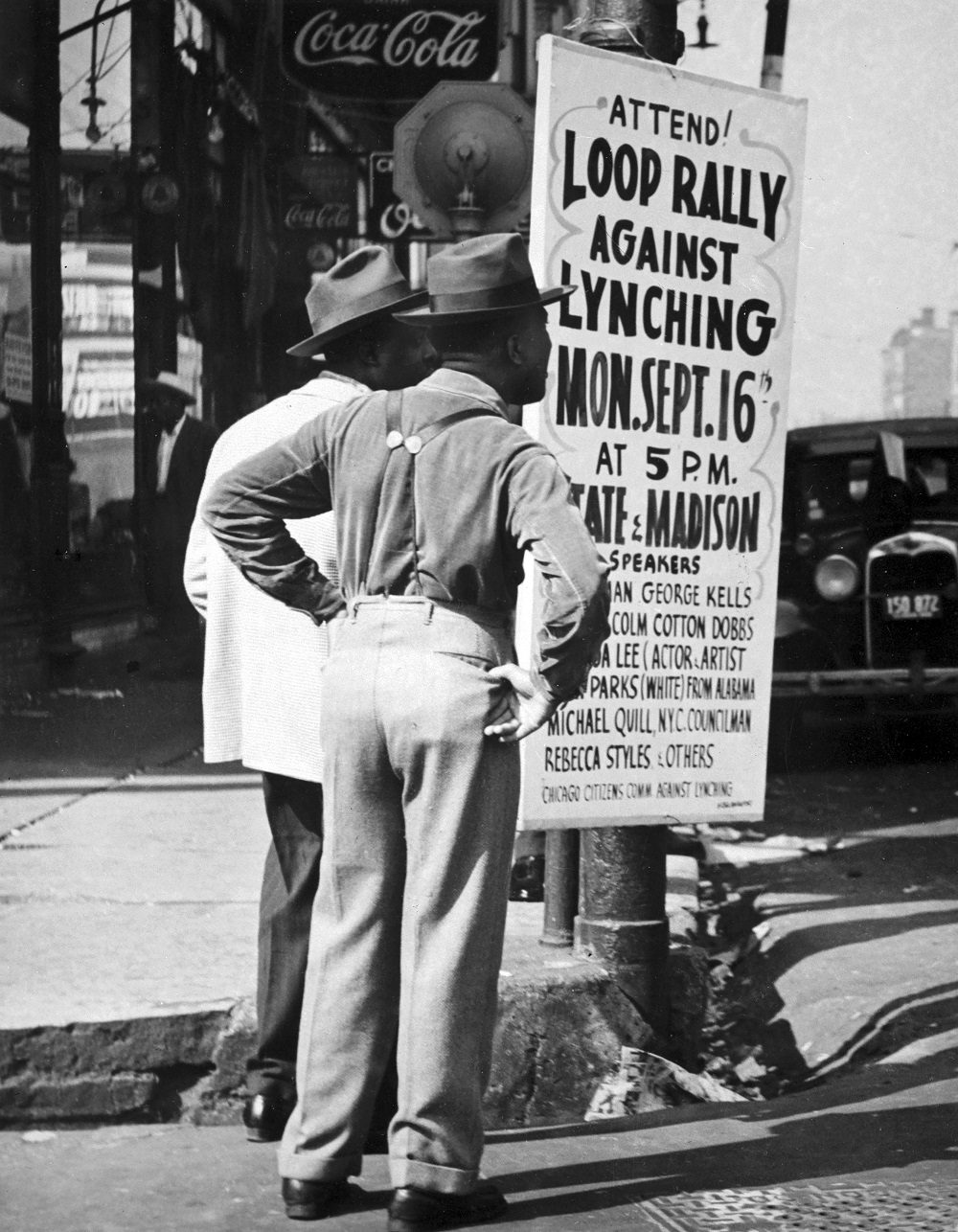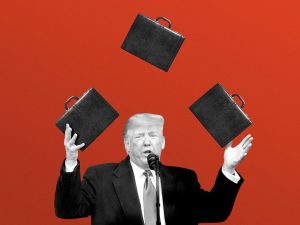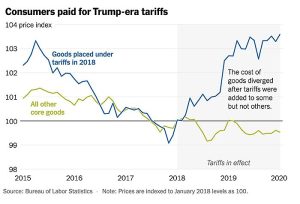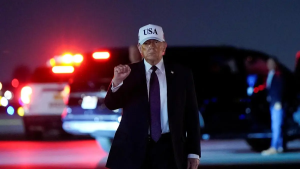Democrats’ Alleged Neglect of Chicago’s Black Communities

Illinois Governor JB Pritzker and Lieutenant Governor Juliana Stratton attended the 93rd annual Bud Billiken Parade in Chicago on Aug. 13, 2022. The event, the largest African American parade in the U.S., highlighted longstanding political tensions as critics accuse Democratic leaders of prioritizing migrants over local residents.
For decades, Democrats have maintained control over Chicago, promising progress but delivering hardship. They’ve governed the city and state for years, shaping budgets and policies while communities on the South and West Sides face systemic neglect. Black families, in particular, endure crumbling infrastructure, underfunded hospitals, and limited opportunities, despite generations of loyalty to the party.
Critics argue that taxpayer dollars have been diverted to support illegal immigrants instead of addressing local needs. Over recent years, Chicago’s Democratic leaders, including Mayor Brandon Johnson and Gov. Pritzker, have allocated billions to migrant services, such as free healthcare for undocumented adults. This funding, critics claim, comes at the expense of critical resources for Black neighborhoods, where trauma centers close, hospitals lack staff, and young people face limited job prospects.
Pritzker’s administration has spent nearly $2.5 billion on “migrant services,” a move that some argue undermines efforts to improve conditions for low-income Black residents. Meanwhile, hospitals in majority-Black areas struggle with overcrowding, while pregnant mothers face barriers to prenatal care and gunshot victims wait hours for emergency assistance.
Mayor Johnson’s recent defense of migrants drew sharp criticism, including his comparison of the term “illegal alien” to referencing slavery. Opponents called this rhetoric misguided, emphasizing that enforcing immigration laws is not racist but necessary. They argue that Democratic leaders exploit racial tensions to justify policies that favor outsiders over local citizens.
The article frames President Donald Trump as a contrast, claiming he challenges the status quo by prioritizing American interests. Proponents suggest his approach resonates with Black voters disillusioned by what they see as systemic neglect, as tax dollars allegedly fund migrant shelters while schools lack basic resources.
The piece concludes by asserting that Democrats have created a crisis in Chicago’s Black communities, with Trump offering an alternative focused on “America First” principles. It calls for prioritizing local needs over policies perceived as favoring undocumented individuals.







